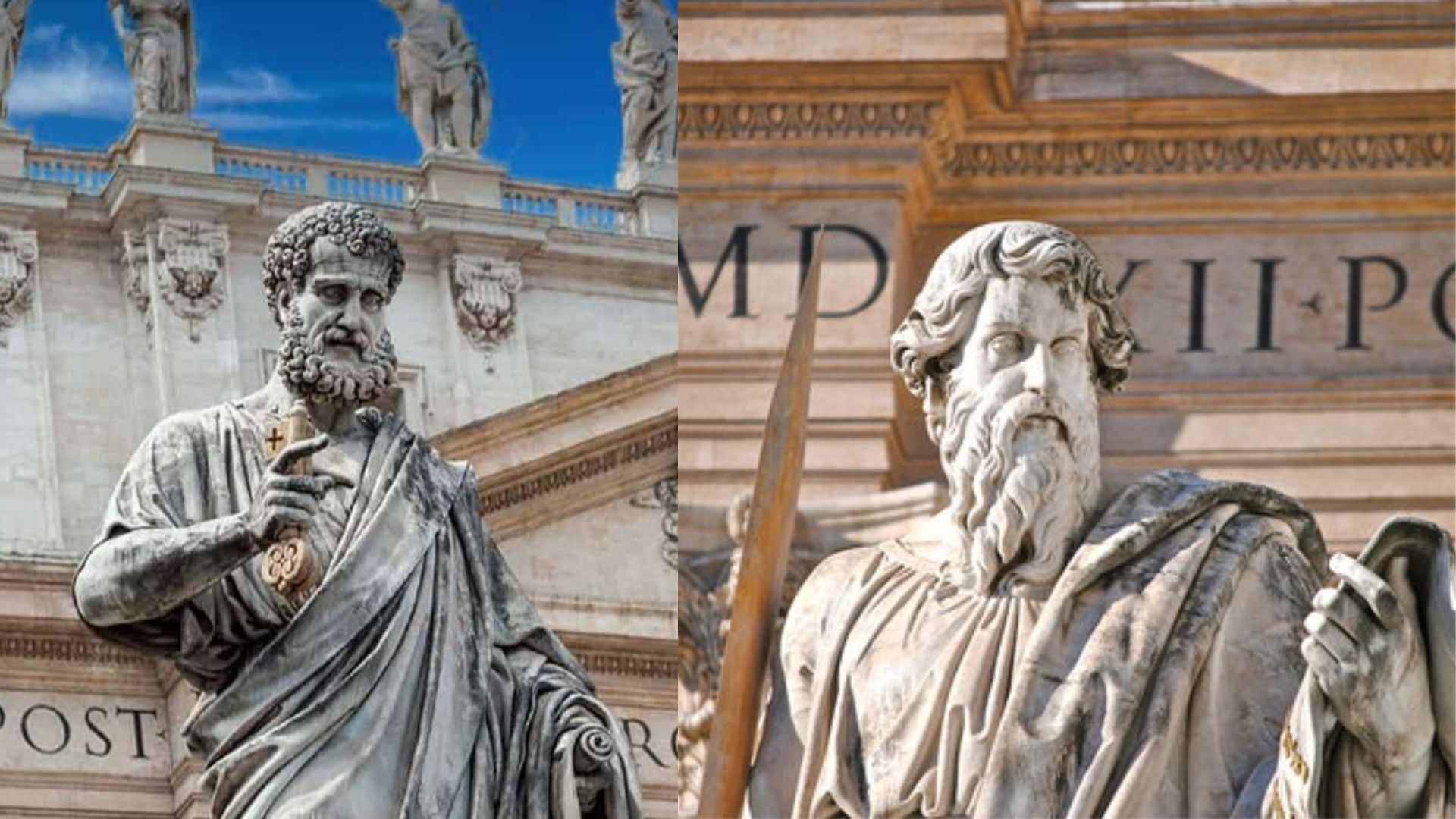31st Sunday in Ordinary Time
Sisters and Brothers in Christ,
Wouldn’t we all like to hear Jesus say this to us as he did to the Scribe of the Law, especially after we have put him to the test and then, in fact, proven our own spiritual maturity through our response to his answer? I wonder if I’m even close. I often find my priorities and preoccupations seem distant from those of the saints and holy ones, and I struggle with the vanity or superficiality of my desires. But this closeness to the Kingdom of God, this is what I truly long for, for myself and all. Ignatius of Loyola even suggested that if we feel like what we are supposed to want is too much of a stretch, do we at least “have the desire for the desire?” And how about you? And if life in the Kingdom is what you want, what do you find gets in the way?
The role of the Scribe in the Jewish faith was to be knowledgeable about the Laws of the Torah, and to act as an interpreter of those laws, advising people about how to apply them in their daily lives. There were, in a sense, a kind of social influencer whose role was to maintain obedience to the Law and support the people in their faithfulness to God. And with 613 laws included, ranging from the ten commandments to the rituals for cleaning one’s kitchen, there was a lot of work available for them. This was especially the case in a culture where maintaining ritual purity was a preoccupation with anyone who wanted to increase their social standing. That meant avoiding anything or anyone that could make you “unclean.” You can understand why it would be very easy to get carried away with religious observance, even to become obsessive about what to do or not do as a person interested in growing in God’s favor.
Jesus was simply not so interested in maintaining this kind of ritual purity, as he demonstrated every time he interacted so closely with people who were considered “unclean.” His highest priority was not the Law per se, but the spirit of the Law. So, when he declares to the Scribe that the greatest and highest Law, the Shema, the total loving faithfulness to God, also includes that the love of one’s neighbor as one’s self are integral dimensions of the greatest law, he shows us where his ultimate priorities are, the Law of Love. In this way, he situates himself firmly in the tradition of the Old Testament prophets, who emphasized this same connection between faithfulness to God and right relationship and service to one’s neighbor, especially those who were considered “poor,” the widow, the orphan, the stranger.
What does this mean for any of us who live for the Kingdom of God? What does this mean for any of us who are invested with roles of authority, responsibility, and service in religious contexts?

First of all, we have to examine whether we are clear about what the spirit of the law is, in other words, what is the ultimate purpose behind the rules and prohibitions that we observe, whether in the context of liturgy, morality, or social teaching? Is the triple love of God, neighbor, and self the overarching principle behind the rule? How and why did the law or rule come about in the first place? How has our context and the conditions in which we live changed from the time the law was written?
Second, when we apply religious rules or teachings, do we do so with the intention to love and serve those who are affected? How will these rules help bring about a more abundant life for the person or the people who abide by it? What unintended consequences might these laws or teachings create, causing suffering?
Third, since those responsible for legislation or observance of laws have a great deal of power, what safeguards are in place to help them avoid abuse, to conduct themselves with integrity and without exemption, and to promote accountability?
In many ways, these were among the primary questions of the Synod over the past two years, and at every turn, we were encouraged by Pope Francis to maintain mercy as a key principle, the mercy and love of Christ, who never used the law to set himself above or apart from others, but who even transgressed the Law as a way of demonstrating what and who was and is of ultimate importance.
Finally, if as religious people, we put our personal righteousness ahead of our care and service of the people most marginalized in our society, we are deluded in thinking that we are “close to the Kingdom of God.” This will be the ultimate test as to whether we were faithful to God, who loved us into being and desires most of all that we conduct ourselves in perfect love of one another, especially those who our societies suggest are not loveable: the refugee, the migrant, the incarcerated… whomever society, nation, or even in some cases, our religion suggests is “unworthy.” As Pope Francis shared in his homily at the conclusion of the Synod, “tutti, tutti, tutti,” or “all, all, all” are worthy as children of God
With you on the road,
David and the Discerning Leadership Team




